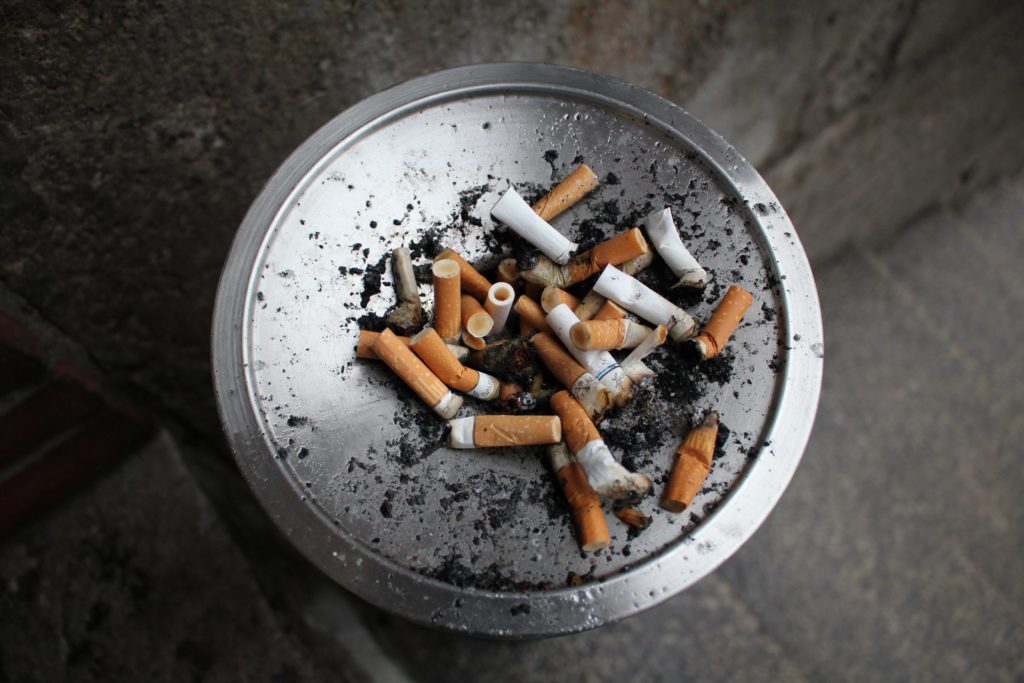It’s no secret that there are many negative consequences when smoking cigarettes, but what are they? From increased anxiety to wildfires wreaking havoc due to cigarette butts, here are a few negative effects smoking has on your body and the environment.
Increased anxiety:
There’s a strong belief that smoking eases feelings of stress, but the opposite is true. Research has shown that smoking actually increases anxiety and tension thanks to one of the main ingredients in cigarettes – nicotine. Nicotine creates a sense of relaxation, causing the smoker to believe that smoking relaxes them. However, this feeling is only temporary and eventually gives way to withdrawal symptoms and cravings. Essentially, smoking eases withdrawal symptoms and not anxiety.
Smoking is expensive:
Smoking is a costly habit and can cost upwards of R12 000 per year if you smoke one pack of cigarettes a day. Smoking is not only expensive for the smoker, but for the South African government too. According to research conducted by UCT in 2020, the government loses about R3.40 per cigarette. This research has suggested that the economic cost of smoking in South Africa is around R42 billion. A range of factors had been considered, including increased healthcare costs and productive days lost due to illness.
A decreased immune system:
There is a range of health risks associated with smoking cigarettes, including a decreased immune system. Research has shown that smoking harms the T-helper cells, which help to fight off viruses and disease.
Water pollution:
Cigarette butts are the most common form of plastic in the world, with nearly 4.5 trillion individual butts polluting our environment, and this doesn’t exclude the effect that it has on our waters. It’s not uncommon to find these cigarette butts floating in rivers, dams and even oceans. What’s worse, cigarette filters are filled with toxins which are then leaked into our oceans.
Deforestation and tobacco planting:
Tobacco plays a large role in deforestation since tobacco plants are often placed in rainforest areas. According to the World Health Organization (WHO), deforestation related to tobacco production has several serious environmental effects. These include increased water pollution, soil erosion, loss of biodiversity, and an increase in the atmosphere’s carbon dioxide.
Wildfires:
With its warm climate and dry natural environment, Cape Town is incredibly susceptible to wildfires. Millions of acres of land are lost each year due to fires that are started by individuals who carelessly toss their cigarette butts from car windows. These wildfires have a devastating effect on the environment, wild animals, property, and human life.
Picture: Unsplash

